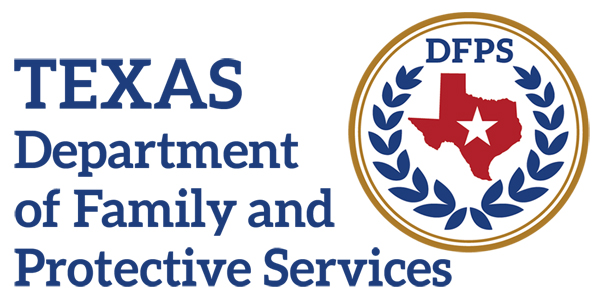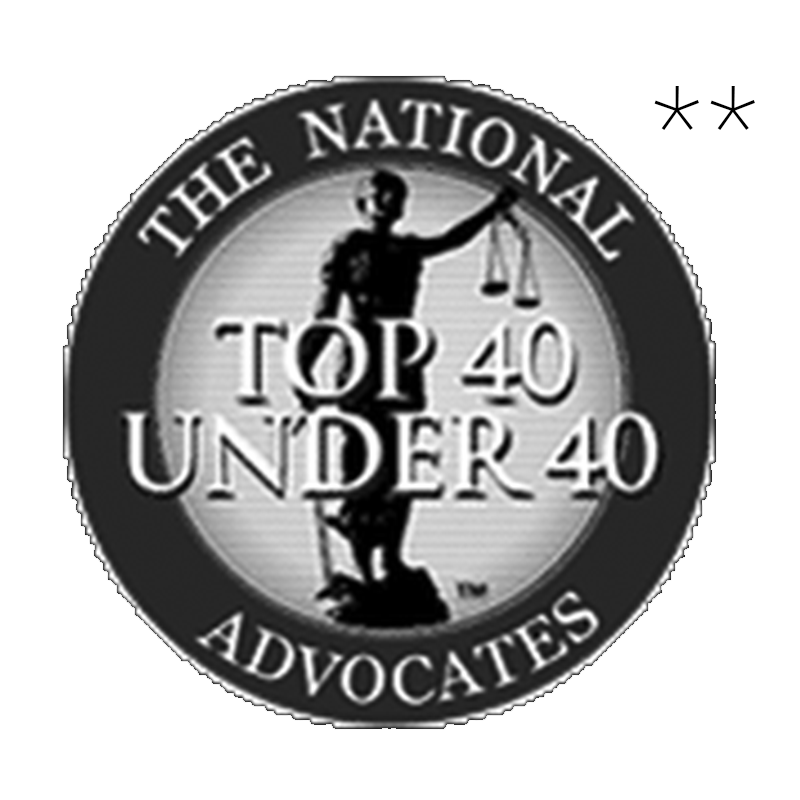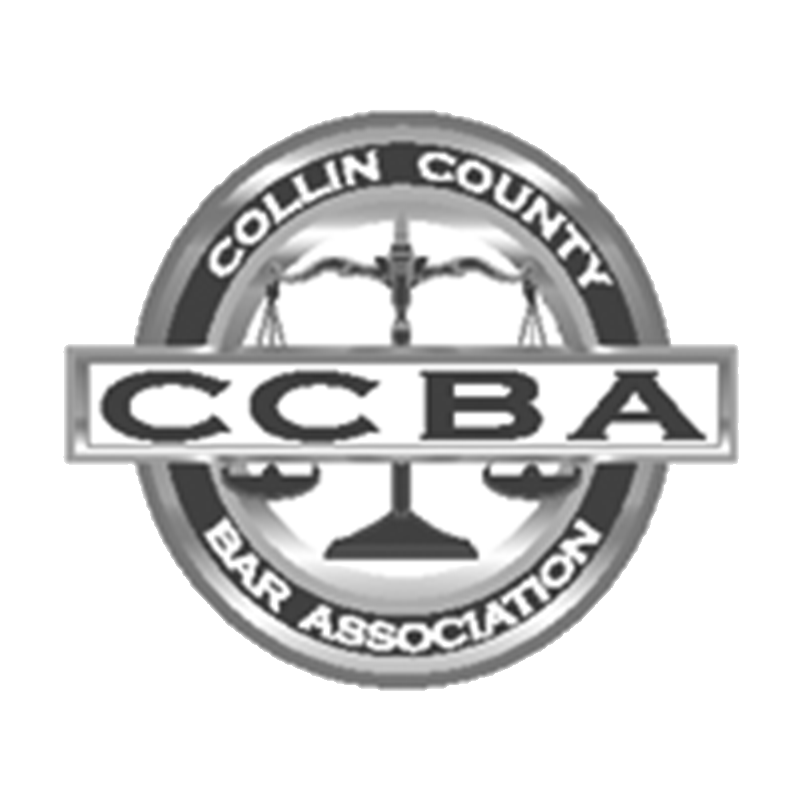

CPS
CPS
Child Protective Services Family Law Attorneys in Collin, Denton, Dallas Counties.
Our Law Firm Serves Clients in the Following Counties: Collin, Denton, Dallas.
Texas Child Protective Services
The Texas Department of Family and Protective Services (also called Child Protective Services) may become involved with a family when there are safety and welfare concerns for a child. When child abuse or neglect is alleged, Texas law requires those allegations to be investigated. During this process, investigators will gather information, there could be legal proceedings before a judge, and the child could be removed from a home and placed in the care of the other parent, a family member, or even in foster care.
A child who was removed from a parent’s care could be returned to the parent following compliance with certain safety terms and provisions, such as passing drug tests, completing parental courses, attending therapy, and much more. In other situations, that child might not be returned to the parent, and that parent’s rights could be terminated.
If Child Protective Services (CPS) is investigating allegations of abuse or neglect in your family, it is imperative that you hire knowledgeable legal counsel to preserve your rights and protect your children. Our attorneys understand how traumatic these cases can be, and we guide our clients through every step of the process.
Functions of Texas CPS
Texas CPS operates with the purpose of keeping children in the state safe from harm at the hands of parents, guardians, family members, or household members. The agency will begin an investigation if it has received a report regarding one of the following:
- Child abuse
- Child neglect
- Child endangerment
- Child abandonment
- Child exploitation
- Domestic abuse
At the outset of an investigation, a CPS investigator will often interview the child and examine the child for any signs of abuse. This interview can be conducted anywhere, including at the child’s school. By law, the interview must be recorded, and CPS must notify the parents about the investigation within 24 hours of the interview. CPS must also provide the parent with full details about the allegations without revealing any identifying information about the person who made the report.
Unfortunately, reports to CPS can be wielded against innocent parents by angry ex-spouses, ex-partners, estranged family members, or anyone else who might want to wreak havoc on people’s lives. Many reports turn out to be completely falsely, causing tremendous stress for parents who have done absolutely nothing wrong.
Authority of Texas CPS During an Investigation
CPS has broad authority during its investigations. For instance, CPS does not need a court order in every situation to remove a child from the home. That said, it is important for parents to understand that there are limits to what CPS can and cannot do. Many parents do not understand their rights in these situations and end up acting against their interests.
For a child to be removed from home without a court order, the CPS investigator must have personal knowledge of an emergency wherein the child is in immediate physical danger. If there is no such emergency, a court order is necessary for removal of the child. Particularly when CPS investigators are accompanied by police officers, parents often consent to removal of their children without questioning whether there is a court order in place.
CPS investigators might make additional demands that parents need not follow. Unless a home visit is required as part of the investigation, parents generally do not have to let a CPS investigator into their homes. Parents in these situations need to find a balance between protecting themselves and their children and impeding the investigation. A lawyer can help you understand how to fight back while maintaining a level of cooperation that will help your case.
Steps to Take if CPS Contacts You
If you have been contacted by CPS or a CPS investigator comes to your door, you should immediately take these steps:
- Ask about the specific allegations against you. You do not have to settle for a generic answer of “neglect” or “endangerment.” You have the right to know the detailed accusations.
- Do not make any statements. It is tempting to try to explain to the CPS investigator that nothing is wrong in your family, but your words can be misconstrued and used against you.
- Contact an attorney. As soon as you find out about the CPS investigation, contact an attorney with experience in CPS defense, like the lawyers at Grinke Stewart Law.
Contact Grinke Stewart Law for a Case Consultation
If you have been accused of child neglect or abuse, or if you suspect your child has suffered abuse or neglect, you need to act quickly. Learn how to protect your child and yourself by speaking with one of our skilled attorneys. Call Grinke Stewart Law, PLLC at (469) 598-2001 to discuss your legal matter with one of our attorneys.















